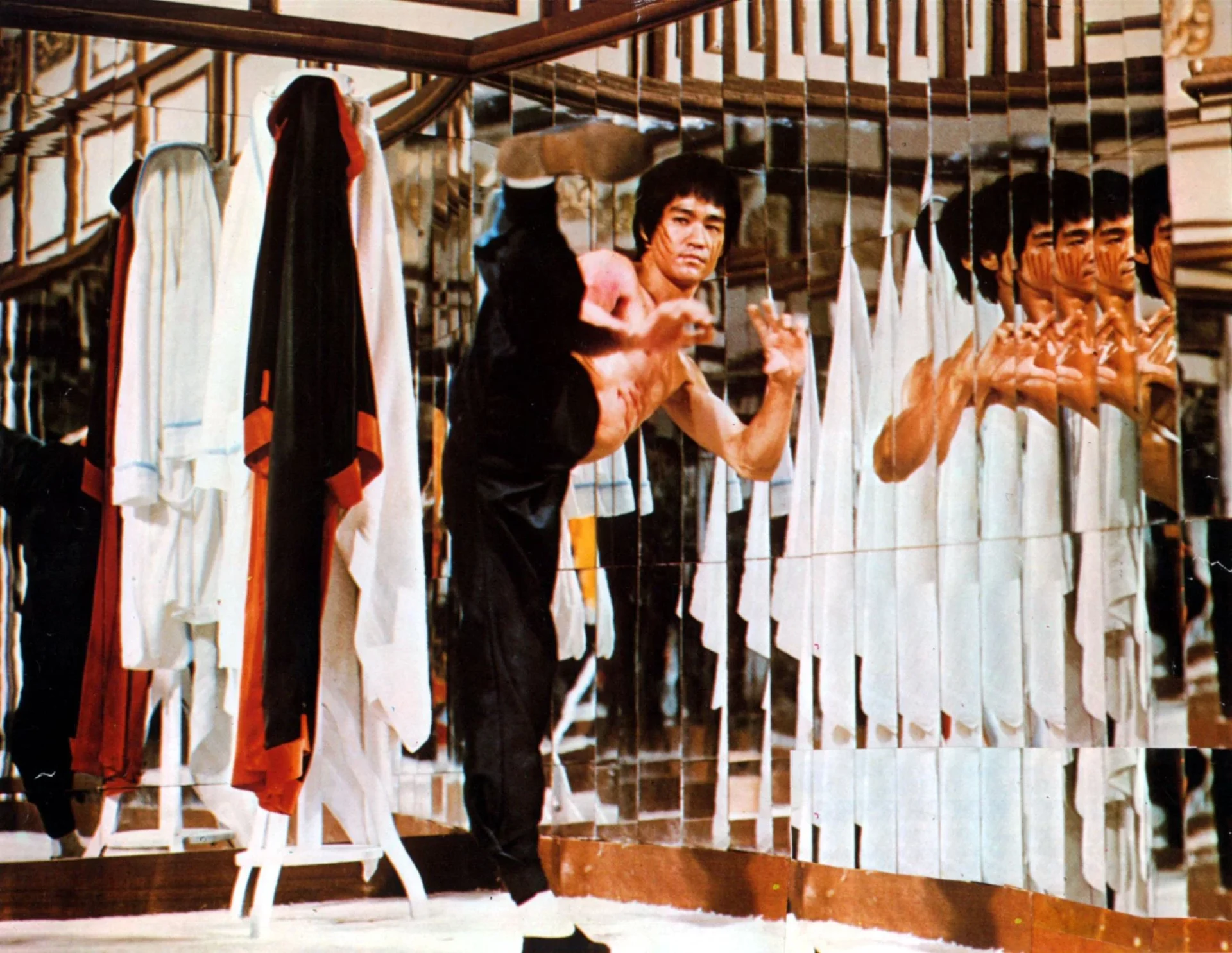Bruce Lee, the revered martial arts superstar, died suddenly on July 20, 1973, leaving fans and followers across the globe in shock. While the official cause of death was recorded as cerebral oedema or brain swelling, the specific triggers of this condition remain a topic of speculation. On the 50th anniversary of his death, we revisit some of the theories that have been proposed to shed light on his untimely demise.
- Cannabis Use: In the wake of Lee’s death, doctors found traces of cannabis in his system, leading some to suggest that his use of marijuana could have contributed to his cerebral oedema. However, there is no scientific evidence supporting a direct correlation between cannabis use and brain swelling.
- Drug Hypersensitivity: On the day of his death, Lee had taken an Equagesic pill, a combination of meprobamate and aspirin, to alleviate a headache. Some experts theorized that he may have had a hypersensitivity to these substances, which could have led to cerebral oedema. Yet again, a definitive cause-effect relationship could not be established.
- Heatstroke: In the biography “Bruce Lee: A Life,” author Matthew Polly suggested that Lee could have succumbed to heatstroke. Prior to his death, Lee had lost a significant amount of weight due to overworking and had his sweat glands removed, which could have affected his body’s ability to dissipate heat.
- Hyponatraemia: A recent study from the Autonomous University in Madrid proposed that Lee’s death could have been a result of hyponatraemia, a condition characterized by low sodium concentration in the blood. They speculated that Lee’s lifestyle choices, including his diet and marijuana use, coupled with impaired kidney function, may have led to an imbalance of water in his body, leading to hyponatraemia, cerebral oedema, and consequently, death.
Half a century later, the exact cause of Bruce Lee’s death remains a mystery, underlining the enduring enigma of the legendary martial arts icon.
READ MORE:
